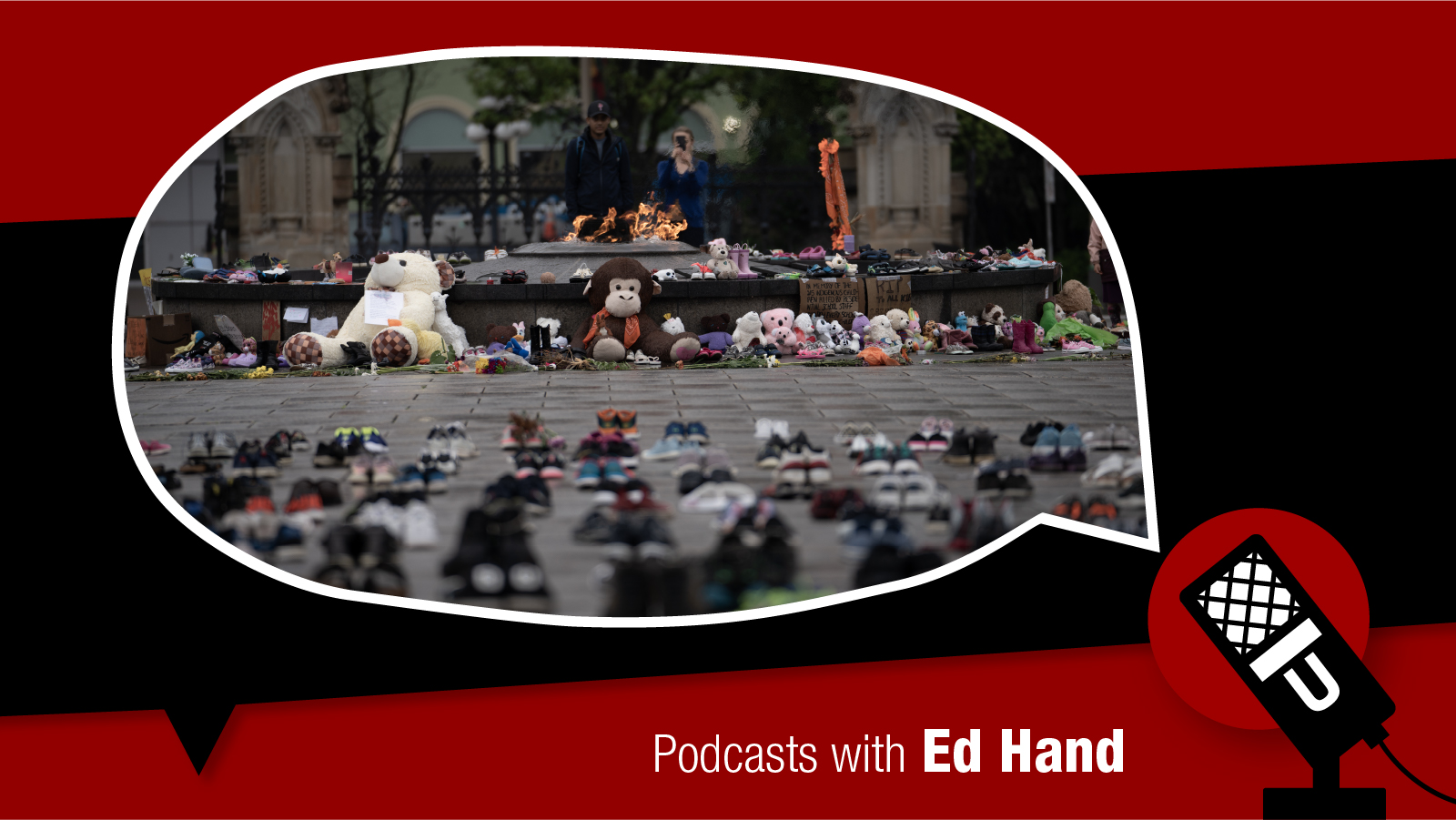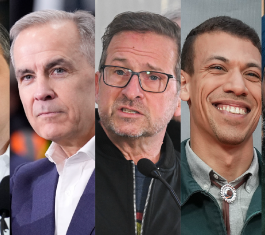
Residential Schools in Canada
The grisly discovery of the remains of 215 Indigenous children in Kamloops BC has stunned the world. The remains were found using ground penetrating radar. The RCMP has launched an investigation into the case.
The horrors of the residential school system was laid bare in the Truth and Reconciliation Commission. In 2008, then PM Stephen Harper apologized to Canada’s aboriginal people for the pain and suffering they had endured.
Last week, many Canadians were watching Pope Francis after the announcement but there was no apology. The residential school system in Canada was primarily run by the Catholic Church from 1831 to 1997.
Surprisingly, few Canadians actually know about the dark history. It is an unbelievably tragic story. One that is a stain on this country’s history, yet so few know about it. Very little is taught about it in our schools. Last week, the House of Commons unanimously voted to have the federal government withdraw from its legal battle with First Nations children. The government is arguing against compensating children engaged in a Canadian Human Rights Tribunal. While the vote was unanimous, it was non-binding and many of the Liberal cabinet abstained from voting.
The story of residential schools in Canada is horrific. It is something that needs to be taught in school across the country. Just because it’s uncomfortable, doesn’t mean it should be ignored or sanitized. Far too often this is the approach Canada has taken.
Coming up on the Unpublished Cafe, we’ll take a look at the impact of the discovery on Indigenous people across the country. And, we’ll hear from an expert on Church Apologies and why he feels the Catholic Church has no choice.
Guests:
- Pam Palmater, Professor and the Chair in Indigenous Governance at Ryerson University / Mi’kmaw citizen and member of the Eel River Bar First Nation
- Joanna Quinn Director and Graduate Chair, Centre for Transitional Justice and Post-Conflict Reconstruction; Associate Professor, Department of Political Science at Western University
- Jeremy Bergen, Associate Professor of Religious Studies and Theological Studies, Director of Theological Studies, University of Waterloo





